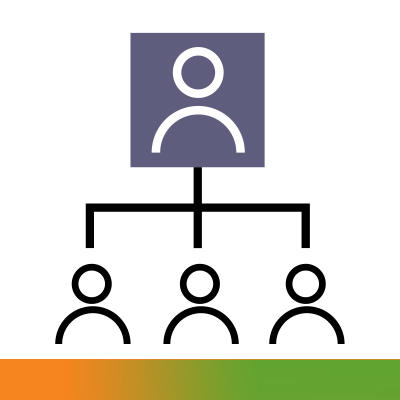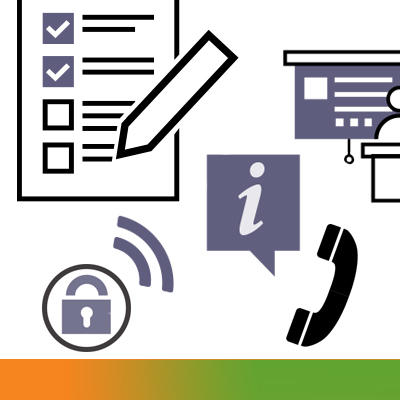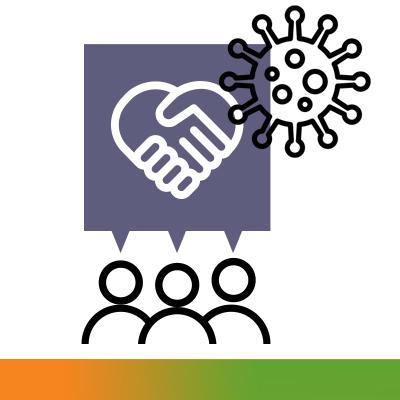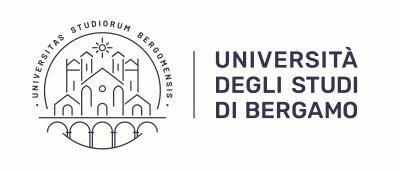Italy
Ethics at Work Index: 79.2
Italian employees’ views of ethics at work have improved in some respects compared to 2018. Respondents are more likely to say that honesty is practised always or frequently, and they are less likely to have felt pressured to compromise their organisation’s standards of behaviour or to have been aware of misconduct.
However, there are some issues that need addressing. Many organisations do not seem to offer the key building blocks of an ethics programme (written standards of ethical business conduct, a means of reporting misconduct confidentially, ethics training, and advice or an information helpline), especially when it comes to a means of reporting misconduct confidentially. Italian employees also have mixed views on some indicators about their management’s commitment to ethics and the ability of their organisation to engage with external stakeholders. Looking ahead, loss of interpersonal interactions due to the effects of the Covid-19 lockdown is the issue that Italian employees are more likely to be concerned about.






